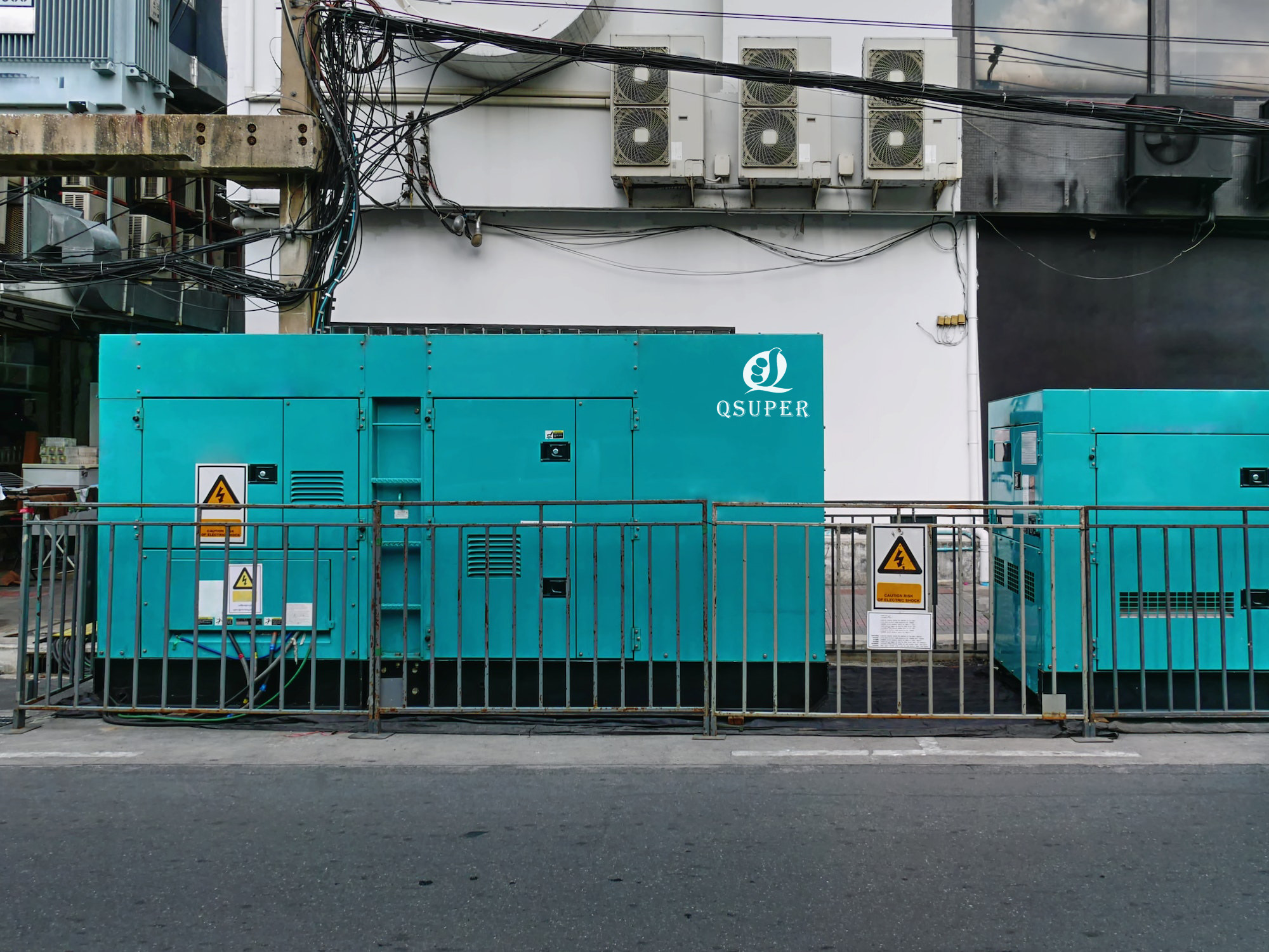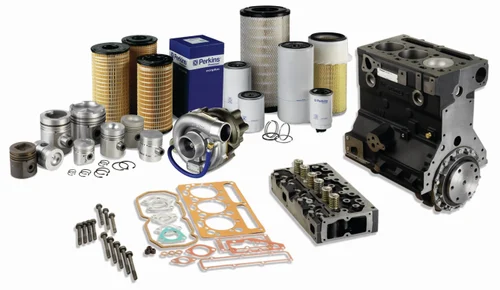Depending on what you’re using your generator for, you’ll need to decide which type of generator alternator suits your business needs. To determine what’s best for you, it’s important that you know the difference between a brushed and brushless generator.
Brushless Alternator vs. Brushed Alternator
An alternator converts mechanical energy into electrical energy by spinning a magnetic field using a rotor to create energy. A brushed alternator uses carbon brushes to help conduct electricity, while a brushless alternator uses two sets of rotors that spin together to generate and transfer the electrical current.
Brushless motors are typically more efficient than brushed alternators, running in self-control mode. Users can also benefit from the many advantages that brushless alternators have to offer when choosing a generator.
What is a brushless generator?
A brushless generator uses a motor without carbon brushes to create electricity. Instead, a brushless motor uses a small generator on the end of the equipment to transfer electrical current. Brushless alternators are suitable for primary generators and capable of long-term use.
Advantages of a Brushless Generator
- Brushless generators make less noise than brushed generators and present a smooth operation. Without electric brushes, there is much less friction when the generator is running.
- Brushless generator motors are easier to maintain than brushed generators with less moving parts to clean, repair or replace. Fewer moving parts also means less wear and tear on the alternator. The absence of brushes eliminates overheating issues and breakdowns as well.
- While brushless generators may pose a higher cost upfront, they have an extended lifecycle of as much as three to five times longer than traditional brush models.
- A brushless motor is more compact and two to three times lighter than brushed units. This makes for smooth and easy portability.
Disadvantages of a Brushless Generator
- The initial cost of a brushless generator is higher than a brushed generator since brushing requires much less copper. An electronic controller is also required to keep the brushless engine running, increasing the cost.
- In the case that a brushless generator breaks, it may require a higher skill level to repair than a brushed generator due to its robust composition.


